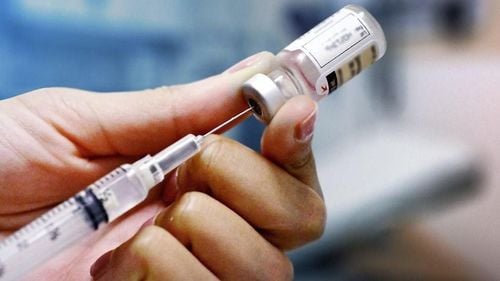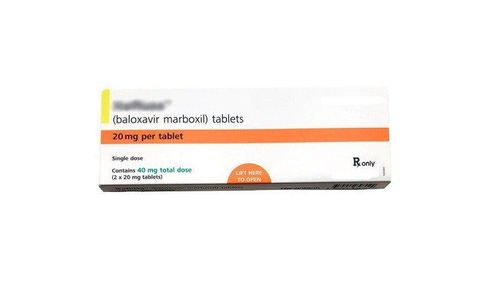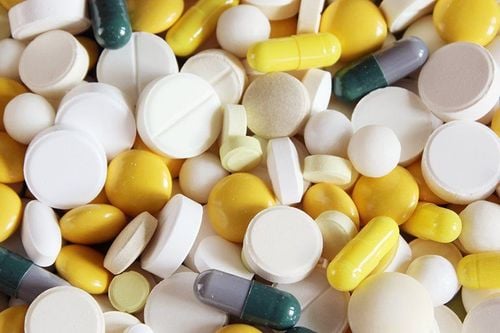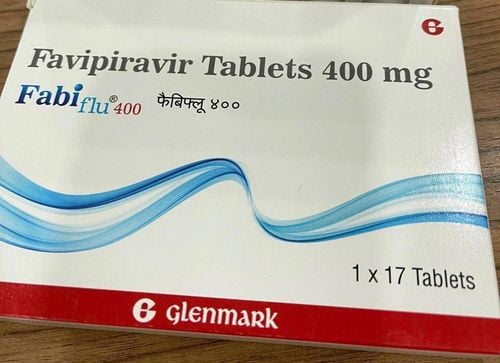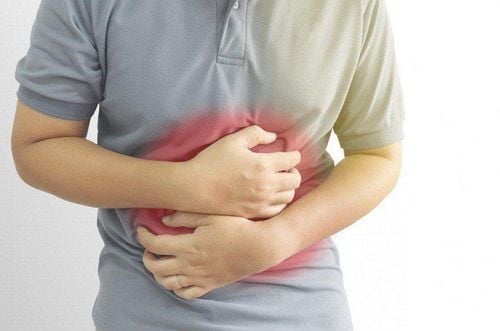This is an automatically translated article.
Viruses, bacteria, and parasites are all small but capable of causing disease in humans. The way these organisms transmit disease to humans varies widely, so a clear distinction is needed for effective treatment.1. Virus - the ancestor of humans but also the cause of many diseases
According to Business Insider, viruses have existed for a long time, are believed to be the first organisms to appear and are the oldest ancestors of all species, including humans because they help us build genomes. According to scientists, the human genome contains up to 50% of DNA from retroviruses. In addition, viruses can also form the basis of many DNA replication enzymes, which play a role in cell division and growth.However, Viruses are also capable of causing infectious diseases to both humans and animals, some species can even live in both animals and humans. The life cycle of viruses has two phases, when outside the cell and when entering the cell. Once inside the cell, the virus takes advantage of the cell's machinery and then replicates rapidly.
Some viruses are less harmful like cold viruses that make the human body sick but do not cause long-term consequences. But there are many viruses that carry dangerous disease, pandemic risk and death. Typically, the annual influenza pandemic strains spread rapidly in a short time. According to statistics, during the 2009 H1N1 flu pandemic, the world had about 201,200 deaths due to acute respiratory failure and more than 83,300 other related deaths.
It can be said that people are exposed to viruses every day, in the environment, but not always infected, the reason is that the body's immune system can handle most of them. The body only gets sick when it is first exposed to a new virus or from exposure to a large amount of the virus.
The strains of the common flu virus also change from year to year, so the body's immunity to the flu virus may no longer protect us. Especially in addition to the ability to mutate, viruses also spread and reproduce quickly, becoming fearsome pathogens, like weapons of mass destruction.
There are also viruses that kill slowly, such as rabies virus, which has a long incubation period (1 - 3 months), when symptoms appear, the patient is sure to die. However, the virus is preventable with a rabies vaccine.
With viral diseases, Vaccines are the best prevention, with the mechanism of activating the body's immune response, so that the body can respond more effectively when infected with viruses. Vaccines also reduce the risk of many viruses, such as measles, rubella, influenza, or smallpox.
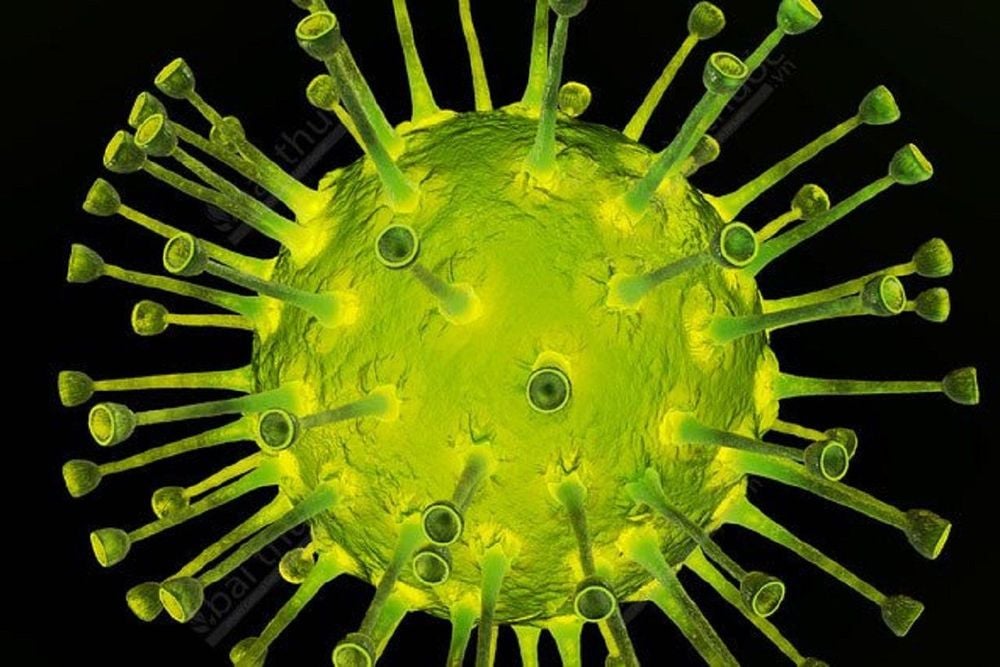
Virus là nguyên nhân gây nhiều bệnh nguy hiểm
2. Bacteria – good and bad
In the human body, there are some beneficial bacteria, which help protect the immune system against pathogens, also help the intestinal digestive process. However, not all bacteria are so benign.Many bacteria specialize in causing disease in humans, such as staphylococcus, bacteria that cause botulism, gonorrhea, stomach ulcers, diphtheria and plague.
Bacteria invade the body, cells and blood vessels, carry toxins that poison the body, or compete for nutrients, leading to the risk of disease. Treatments for different types of bacteria are different, depending on how they cause the disease.
Supportive care is considered the mainstay of treatment to prevent and reduce complications and maintain the health of patients with bacterial infections. Antibiotics can kill bacteria, but with poisoning alone, this killing causes the bacteria to secrete more toxins. Therefore, in this case, the patient needs to take antivenom or try to vomit. Today, due to the overuse and overuse of antibiotics, bacteria are becoming more and more resistant.
Bacteria can be prevented with vaccines, or simply by washing hands properly, disinfecting tools, using clean water and cooking at the right temperature.
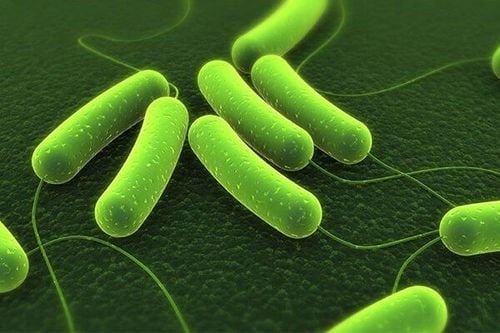
Không phải vi khuẩn nào cũng có hại cho cơ thể
3. Parasites – dangerous parasites
In the third group, Parasites are a group of diverse organisms that live in or on their hosts, both animals and humans. Parasites can be single-celled organisms or large organisms such as worms. Parasites exist everywhere, playing an important and complex role in the ecosystem.With humans, parasites also cause many diseases, more dangerous in developing countries because parasitic infections are often accompanied by poor sanitation and poverty.
According to statistics, malaria kills a child every 30 seconds and 90% of infections are concentrated in Africa. Some other common parasitic diseases such as Leishmaniasis, filariasis or elephantiasis.
Currently, science has not yet found a vaccine against parasitic diseases in humans, but there are many drugs that can fight parasites. For example, antiparasitic drugs won the 2015 Nobel Prize in Medicine.
Whether bacteria, viruses or parasites, they all play an important role in ecosystems and people. However, the diseases they cause are very dangerous and need to be prevented.
Please dial HOTLINE for more information or register for an appointment HERE. Download MyVinmec app to make appointments faster and to manage your bookings easily.




